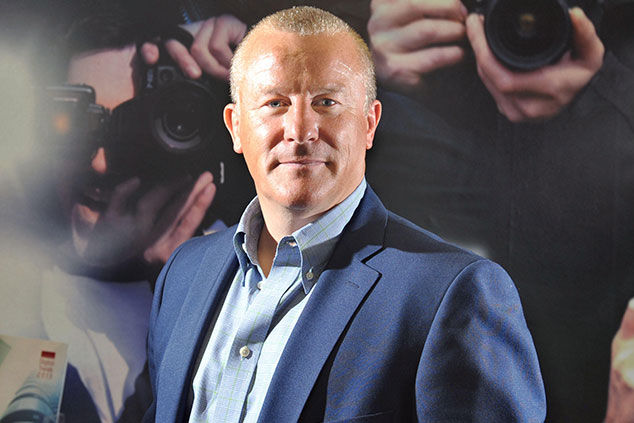
But mostly there is nothing funny about the demise of Woodford’s firm. Tell the story from scratch to someone not following it and it will sound unbelievable. Tens of thousands of people gave billions of pounds to a man to invest using a style he could produce no track record for in an environment he had no experience of.
That man made every mistake it is possible to make as a money manager. He changed style – leaving value for overpriced healthcare and tech firms. He ignored criticism and compliance. He believed his own hype. He raised too much money. He held too many illiquid assets. He blamed the market every time something went wrong.
And, of course, however wrong it all went, he never stopped taking the fees. Result? An awful lot of people have lost an awful lot of money. Woodford isn’t one of them: he has received around £60m in dividends since 2014.
Will his clients get their money back? Some of it. It will take a good six months to wind the funds up. The costs will be high and the proceeds low (selling illiquid stocks into a market that knows you have absolutely no choice isn’t a great look). Large losses are inevitable. Indeed, pretty much the only positive things I can say about the wind-up are, firstly, that the clarity it brings is good – as is the scrutiny of the other players in the disaster – and secondly that the instructions for its managers are unlikely to be yelled in from the back of a galloping horse.
However, there is one question I really want answered. Some of Woodford’s £60m looks to have been spent on horses and houses. But how has he invested the rest? It would be nice to think it was locked up in the same maze of administrative hell as that of his investors. I suspect it isn’t.
In these nervous times you will be looking for other things to be wary of. In this week’s magazine, Dominic Frisby suggests you don’t buy silver. There are endless good reasons to be bullish, he says. But believing them always leads to disappointment.
We aren’t mad about Turkey either. It’s cheap, but “for a very good reason”. There’s more misery in Matthew Lynn’s City View column: the appointment of Christine Lagarde as the keeper of the euro may well hasten the end of it, says Matthew. Whose silly idea was it to hire a person who thought Argentina was good for a loan last year for such an important – and tricky – job?
For a little more optimism, Alex Rankine looks at the possibility of a burst of year-end euphoria in markets, and in our cover story this week, James McKeigue explains how to get in on the mining boom in Ecuador (this is about copper and gold more than silver!). Finally, after a pretty savage bear market, Max King thinks it is worth looking at retail property. Discounts are big and yields are high. But if retail is “changing not disappearing”, there could be value there – the kind of value the old Neil Woodford might have looked for.